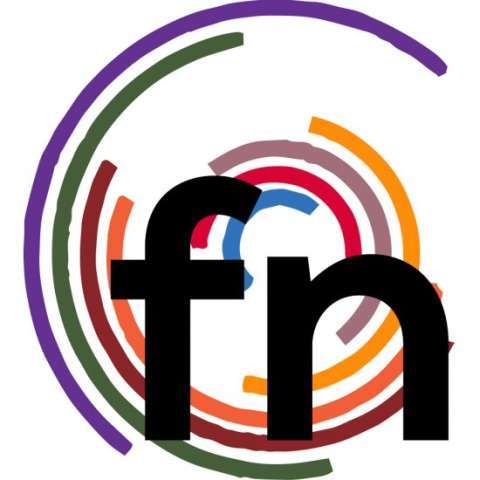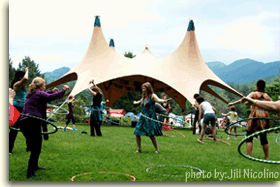The Writing Team of LifeHack.org
In a recession, the entertainment industry thrives. So if you are thinking about trying your hand at event promotion, I have some suggestions for you:

- You need at least two weeks to advertise. Use different color flyers with different ads for the same event. Use original artwork and be creative. Be brief: Too much information is bad information in modern advertising.



 Using social media to promote your work and yourself can be a fantastic tool for an artist. However, timing is everything. The last thing you want when using these methods is to get everything posted perfectly, only for nobody to see it.
When it comes to close friends and family, your best bet is posting on the weekend when they have leisure time to spend reading involved posts and click on links you send their way. That's not who you market your art to, though, so let's talk about the perfect times to post on various social networking sites to reach new and returning fans. These times were pin-pointed by various research projects done over the span of the last decade to determine when most people use their social networking sites, and when they pay the most attention to new posts. Each site is a little different, since they try to target slightly-to-drastically different demographics.
Using social media to promote your work and yourself can be a fantastic tool for an artist. However, timing is everything. The last thing you want when using these methods is to get everything posted perfectly, only for nobody to see it.
When it comes to close friends and family, your best bet is posting on the weekend when they have leisure time to spend reading involved posts and click on links you send their way. That's not who you market your art to, though, so let's talk about the perfect times to post on various social networking sites to reach new and returning fans. These times were pin-pointed by various research projects done over the span of the last decade to determine when most people use their social networking sites, and when they pay the most attention to new posts. Each site is a little different, since they try to target slightly-to-drastically different demographics.


 If you think all you have to do is gather a few exhibits, buy some entertainment, advertise what is going to happen... and the folks will bang down your door!
If you think all you have to do is gather a few exhibits, buy some entertainment, advertise what is going to happen... and the folks will bang down your door!



 Daily Deal sites like Groupon and Living Social have been around for a few years now. You've probably heard many arguments as to whether these programs are good for the independent food business owner. I admit that there are many pros and cons for using these and other types of coupon-ing or discount deal methods to attract customers to your business. I also think that the success or the benefit of using these programs depends on the preparation taken before you sign on.
Daily Deal sites like Groupon and Living Social have been around for a few years now. You've probably heard many arguments as to whether these programs are good for the independent food business owner. I admit that there are many pros and cons for using these and other types of coupon-ing or discount deal methods to attract customers to your business. I also think that the success or the benefit of using these programs depends on the preparation taken before you sign on.
 The Facebook Fan page continues to be a viable tool for building an audience and engaging with fans of your art. If you haven't build a Fan Page, now is the time to invest a morning (1-2hrs max.) to get one set-up. If you already have Fan Page you will be excited to learn that FB has added some new features in their re-design and format-change called
The Facebook Fan page continues to be a viable tool for building an audience and engaging with fans of your art. If you haven't build a Fan Page, now is the time to invest a morning (1-2hrs max.) to get one set-up. If you already have Fan Page you will be excited to learn that FB has added some new features in their re-design and format-change called 